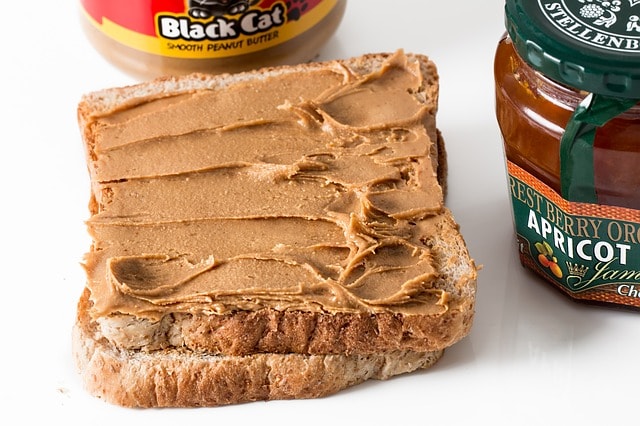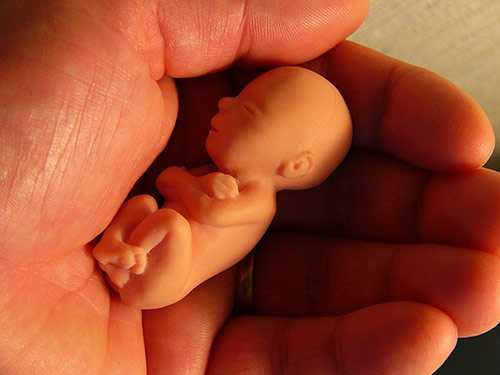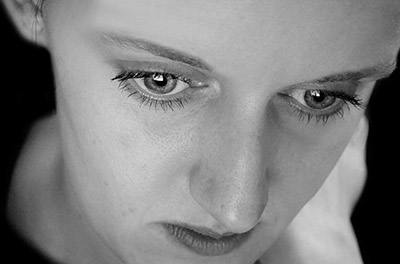 When you’re pregnant, there seems to be an endless list of things you cannot do, as well as food you absolutely should avoid. You can count peanuts in terms of the latter, but should you really avoid it?
When you’re pregnant, there seems to be an endless list of things you cannot do, as well as food you absolutely should avoid. You can count peanuts in terms of the latter, but should you really avoid it?
While there’s nothing wrong about being cautious, it would greatly help if scientific evidence backed up claims made by other people. That said, what is the truth behind the “avoid eating peanut butter while pregnant” advice?
Changing Views on Allergy-Inducing Foods
The American Academy of Pediatrics (AAP) advised pregnant women who were prone to allergies to avoid the consumption of allergy-inducing foods. That advice was handed out in the year 2000, which is fairly recent in our time.
It was believed that avoiding foods that cause allergies, like peanuts, protects the baby from getting any allergies. However, a claim in the past can be proved wrong over time thanks to the unending curiosity of the scientific community.
University of Wisconsin professor of pediatrics Frank R. Greer says that incidents of food allergy, particularly those involving peanuts, have actually gone up since the advice was given in 2000.
Medical studies that have been published in recent years also point to there being no evidence that avoiding allergy-inducing foods during pregnancy will increase the allergy risk of an unborn child.
Cow’s milk, eggs, and fish are the most often cited in lists of allergy-inducing foods that pregnant women should avoid. Peanuts and tree nuts are also included in the “do not eat” list.
However, as mentioned, evidence points that such claims in the past doesn’t hold water. They were based on deduction, with medical studies now proving that avoiding peanuts isn’t the answer to preventing a child from developing an allergy.
Since 2008, the AAP has withdrawn their previous recommendation of avoiding peanut consumption during pregnancy.
Eating Allergy-Inducing Foods Increases Tolerance
Data supports the decision of the AAP to withdraw their 2000 recommendation about avoiding peanuts when pregnant.
An analysis done on six studies found that there is no evidence on children developing a nut allergy if their mothers kept eating peanuts when they were pregnant.
Newer studies even prove that the reverse is true: a mother-to-be who eats nuts is helping their unborn child develop protection against nut allergies.
This is good news given that nuts are rich in folate, which decreases the risk of neural tube defects while a baby is still growing inside the womb.
Approaching Nut Consumption with Caution
Although newer research has proven that eating foods that are culprits for allergies while pregnant won’t increase the allergy risk of an unborn child, it still helps to proceed with caution.
Just because peanut butter has been cleared doesn’t mean you can immediately start consuming it. You also have to be aware of your health history and that of your family.
If allergies run strong in the family, an unborn child still has a big chance of developing allergies. In short, giving in to peanut butter cravings still need the approval of an OB//GYN or allergist.
There is absolutely nothing wrong in being cautious, especially when it concerns both your health and that of your baby’s. You always want what’s best for your child, so it’s always best to ask a doctor’s advice and heed it.
Peanuts and peanut butter have nutritional value, but just it is so doesn’t mean you can consume it in excess. It’s always best to practice moderation.
Keep in mind that peanuts are also sources of protein and contain lots of calories. So eating them to excess runs the risk of gaining more weight than recommended during your pregnancy.



